Social media managers routinely need to demonstrate levels of pop culture knowledge far beyond the rest of us mere mortals.
But staying on top of what’s happening in every corner of the internet isn’t easy.
The internet is a big place. Fast moving too. Trends come and go – which is sorta the point with trends – while the zeitgeist constantly shifts as pop culture, politics, news events and more continually smash into each other.
Whodathunk that political journalists would need to understand K-Pop? But that’s exactly what happened when K-Pop fans mobilised large groups of teenagers via TikTok to sabotage ticket numbers for President Trump’s June rally in Tulsa.
And then there are the memes that burst across the internet, evolving into all kinds of new shapes. Some memes burn brightly in the heat of the moment, only to be exhausted and irrelevant by tea-time, while others show incredible resilience, continuing to inspire creative variations years later.
Consider the Hitler bunker meme, which began in 2006 as an outlet for people to express their frustration on a range of topics. I made my own version of the bunker meme ten years ago to comment on meme culture amid claims of copyright infringement. Ironically, almost all of the other pop cultural references I included mean very little today, while the bunker meme itself lives on. Hitler can still be found ranting about everything from the coronavirus to the 2020 Presidential election.
But then today’s teens might see the bunker meme like one of those “classic hits” their parents won’t stop playing on the family Spotify account, so that the apps algorithm keeps throwing up The Beach Boys and Procul Harum between Drake and Taylor Swift. “So uncool, Dad.” Depending on the target audience, a brand using the bunker meme today might appear familiar and nostalgic … or old and out of touch.
While pop culture references might seem like a good way to appeal to a particular audience – “We think and like the same stuff as you do” – the associations can be loaded with hidden meaning. Something as simple as choosing a fun reaction GIF from a popular movie can send the wrong message or imply endorsement of the wrong values – particularly if the lead actor is in the news for allegedly abusive behaviour.
So, not only do you need to keep up with the constant flood of new cultural references, but you also need to keep an eye on the news to be sensitive to any potential changes in context and meaning.
For example, images of obscure comic character Pepe the Frog began appearing as a reaction meme popularised by celebrities like Katy Perry and Nicki Minaj. By 2017, Pepe had become far more associated with white supremacists and a symbol of the alt right. Wendy’s certainly learned this lesson the hard way.
Keeping up with an internet culture that refuses to slow down is … exhausting. Too often, social media moderators are expected to be topical and pop culture polymaths, with an encyclopaedic knowledge of every reference – and every nuance of every reference – that might crop up in their interactions with audiences.
Such an expectation is unreasonable. Moderators already have plenty to think about without having to keep up with every trending show on Netflix and every obscure fan community.
This is where customer personas can assist. When you know who your audience is, including their typical likes and dislikes, then the field becomes a lot narrower. Identify where the interests of the audience overlap with the team’s personal pop culture strengths, creating a comfort zone the brand can play in. This also allows a brand to adopt some rules about the kinds of cultural references that match the brand’s image and tone – funny, irreverent or intellectual perhaps.
Also, a more diverse team – across age, gender and cultural background – can more easily share the load of amassing all of that cultural knowledge. Bouncing ideas within the team increases the chances that someone might know why that joke or choice of GIF might not play out the way you intended – or have a better idea that draws upon a cultural perspective beyond your personal experience.
Pop culture references can feel playful and disposable by their very nature. But that doesn’t mean we can treat them any less seriously.
What are your tips for keeping up with pop culture? We’d love to hear from you in the comments…
Enjoyed this article? Enter your email below for social media tips & tricks delivered to your inbox every Monday morning.



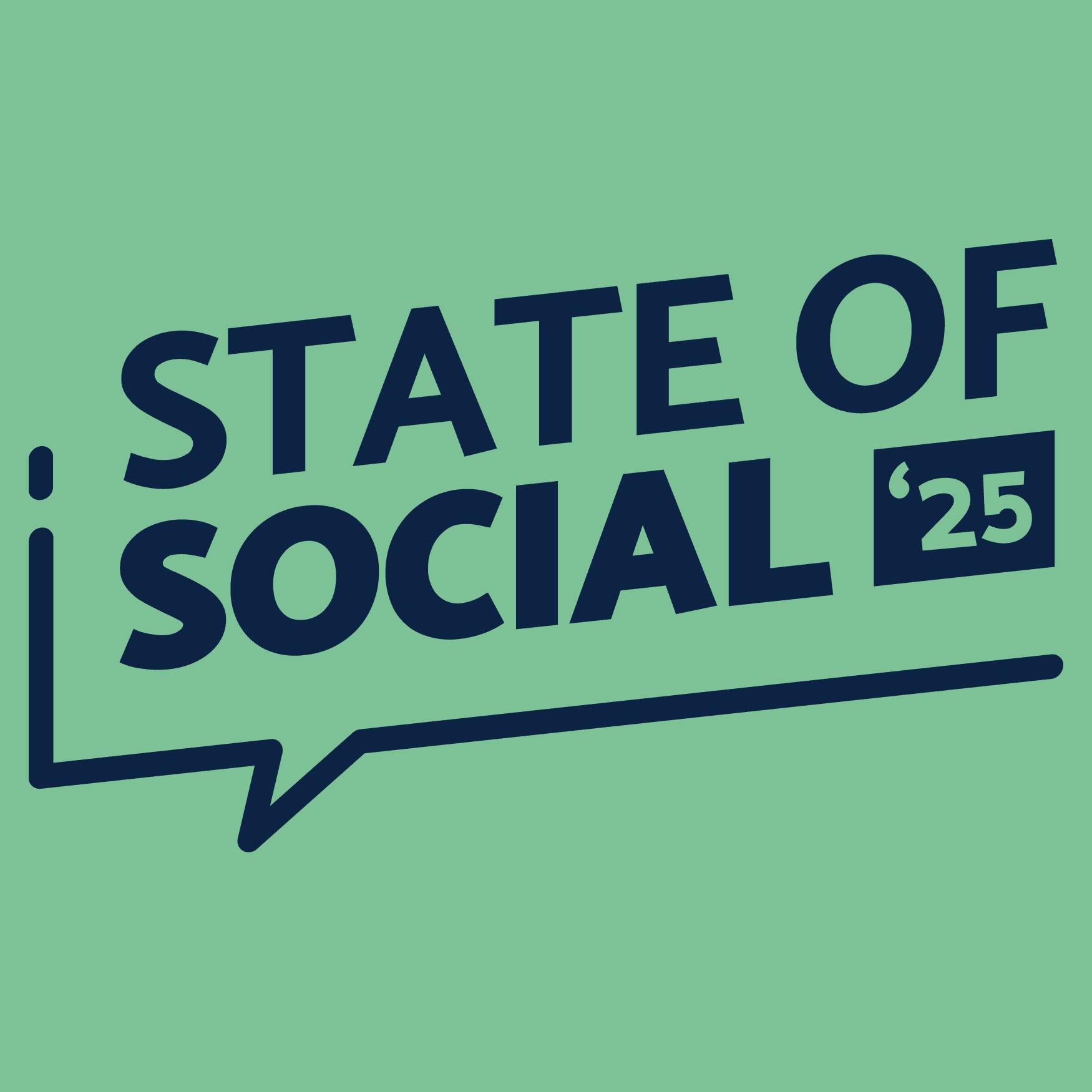
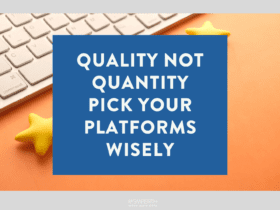
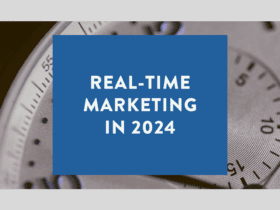
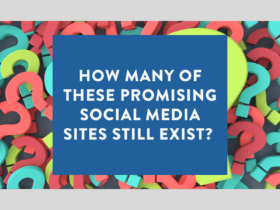
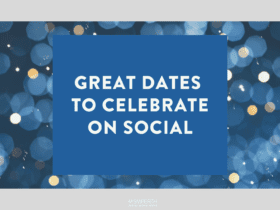

LET’S CONNECT